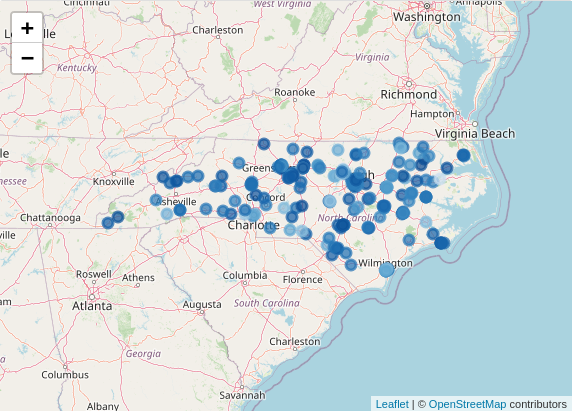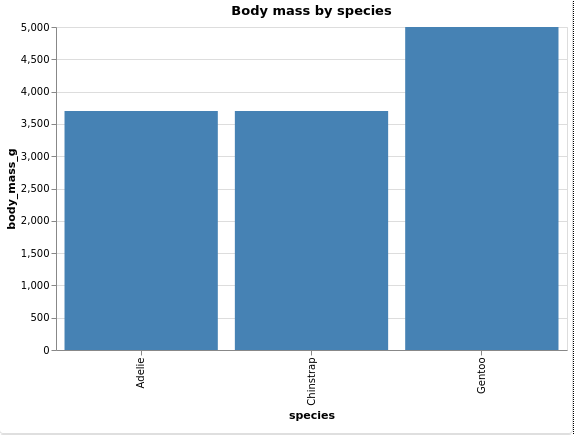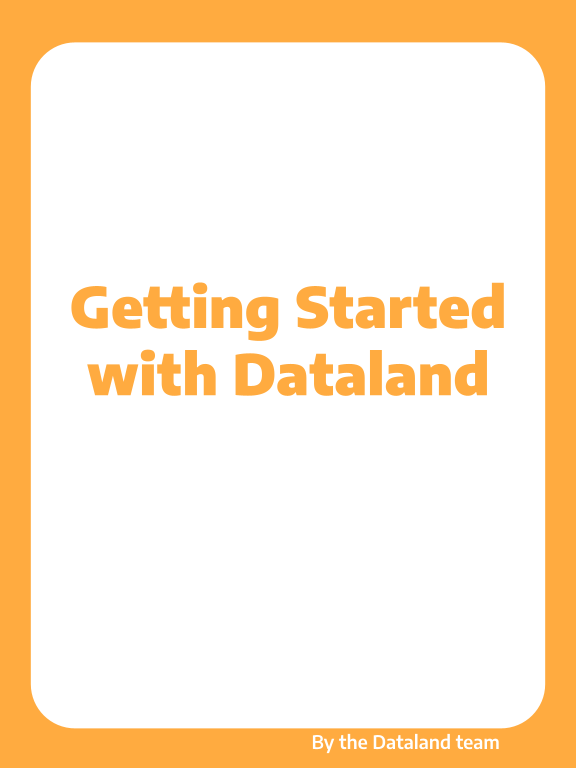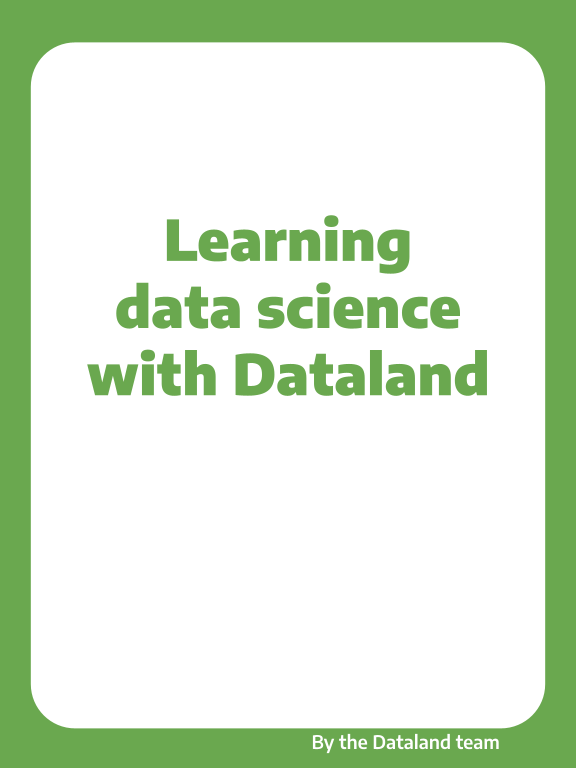About
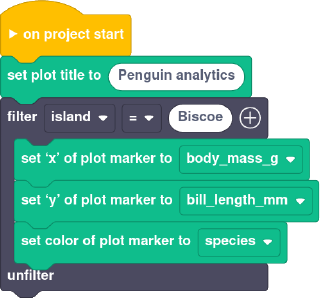
Dataland is a new block-based programming system designed to help middle and high-school-aged students learn and do data analysis and visualization. Dataland aims to foster data literacies in children by enabling them to write computer programs that analyze and visualize data that connect to their personal interests.
Dataland is currently being developed as a research project at the Department of Human Centered Design & Engineering, University of Washington (UW). Prior to UW, the project was based at the School of Information and Library Science, University of North Carolina at Chapel Hill (UNC Chapel Hill).
